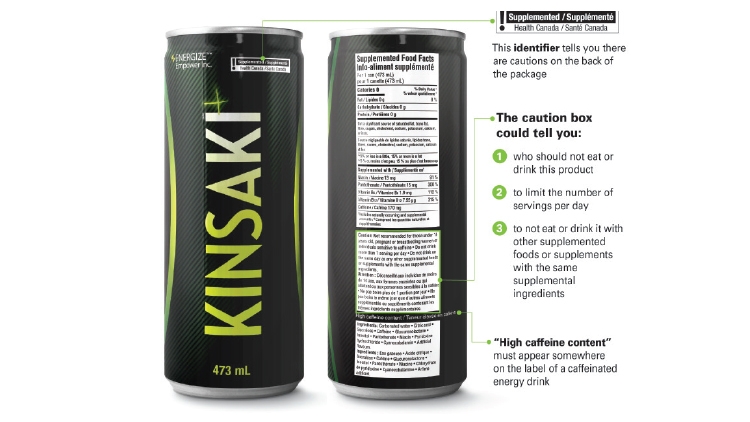Let’s Talk About Supplemented Foods
Calling all parents and caregivers of kids under 14! Yes, you! This is one of those articles you won’t want to glaze over. Let’s talk about supplemented foods…
Did you know that these colorfully labelled drinks, bearing dramatic names, promising the energy to fly you from one end of the earth to the other (ahem, caffeinated energy drinks), along with other supplemented foods, aren’t recommended for those under 14? Let’s dive into what every parent needs to know about supplemented foods.
Supplemented foods are foods or drinks with one or more supplemental ingredients added to them.
Examples of supplemented foods include bars with added vitamins and minerals, drinks with added vitamins and minerals, and drinks with added caffeine, such as caffeinated energy drinks.
Examples of permitted supplemental ingredients include:
- caffeine
- minerals such as calcium
- vitamins such as vitamin C
- amino acids such as L-leucine
Some of these foods or drinks are not suitable for your kids because of the type or amount of supplemental ingredients that have been added to them (like caffeine). Health Canada has introduced new regulations requiring updated labels for supplemented foods and drinks. As of January 1st, 2026, all supplemented foods must have new labels, but some of these new labels are already out on the market, so you might start seeing them sooner.
All supplemented foods will show a supplemented foods facts table, instead of a nutrition facts table, that includes a “Supplemented with” section listing all the supplemental ingredients. Some supplemented foods will also carry a caution identifier on the front of the label. This signals us to turn to the back or side of the product for detailed cautions. An example of a caution is: “Not recommended for those under 14 years old.”
Make sure to check the label of these foods before you buy them. If you notice the identifier on the front of the label, turn the product around and check the caution statements to make sure it’s safe for your kids to consume. If you don’t see the identifier and are not sure if it’s a supplemented food or not, turn the product around and see if it has a supplemented foods facts table with a “Supplemented with” section.
You can learn more about supplemented foods here: https://www.canada.ca/en/health-canada/services/food-nutrition/supplemented-foods.html
Jenn Giurgevich is the founder of Spark Nutrition & Health, a virtual nutrition consulting business.
Visit www.sparknutritionandhealth.ca for more information.














